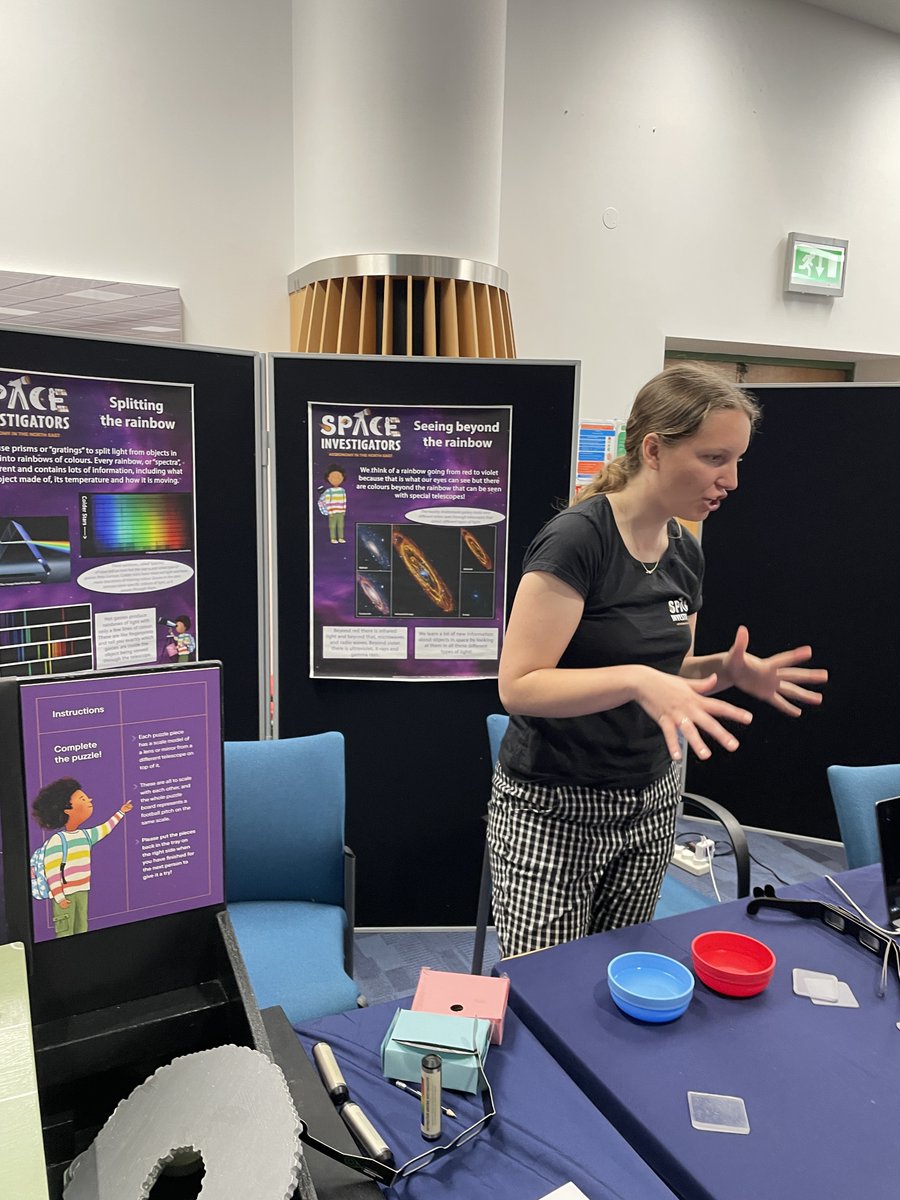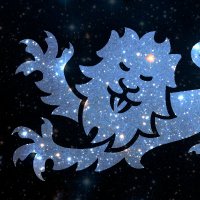
Astro-Obs Newcastle 🔭
@astroobsncl
The Astro-Obs group, researching observational astrophysics and cosmology at the School of Mathematics, Statistics and Physics at Newcastle University. 🌌 🔭📡
ID: 1621900602988007428
https://blogs.ncl.ac.uk/astro-obs/ 04-02-2023 15:57:41
362 Tweet
219 Takipçi
100 Takip Edilen
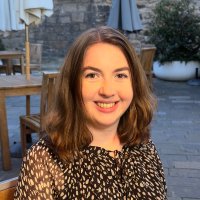
If you're in the North East of England, come along to the Discover Festival hosted by Newcastle University on the 7th June! ⭐️ The Astro-Obs Newcastle 🔭 team will be hosting a drop-in session: Seeing the Invisible in Space 🔭 ncl.ac.uk/discover-fest/…


Congratulations to the nominees in the Engaging for Cultural Benefit category at this year's Engagement and Place Awards. Dr Vicky Fawcett @farrellcentre @SophieEllis_FR Find out more 👇 ncl.ac.uk/who-we-are/eng…


📢New paper alert! Carola Zanoletti explores how using PCA-based cuts can provide tighter constrains on modified gravity theories 🌌 arxiv.org/abs/2503.20951
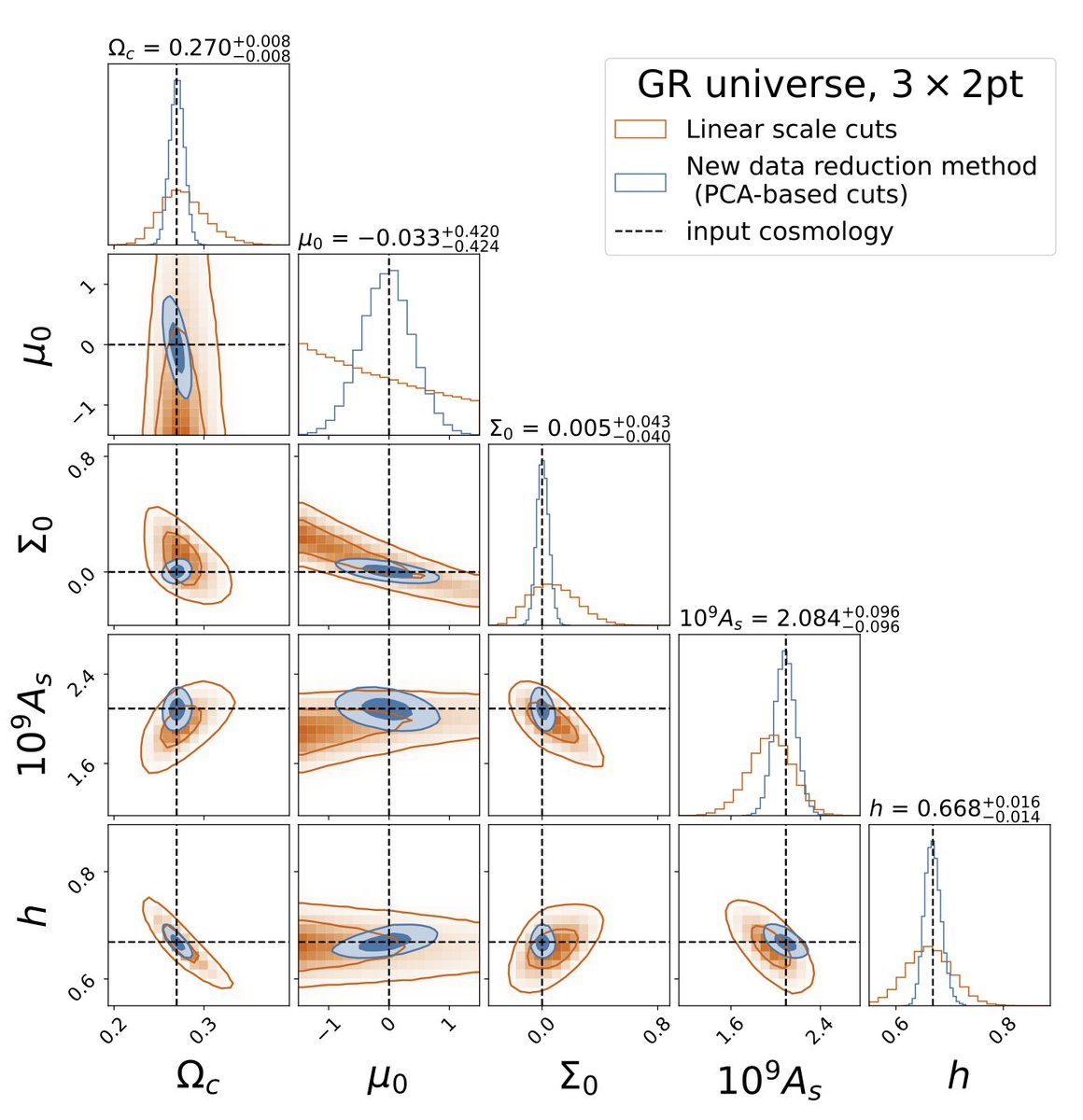

📢New paper alert! Charlie MacMahon explores new ways to train cosmological emulators in order to constrain cosmological models 🖥️🌌 arxiv.org/abs/2504.00552
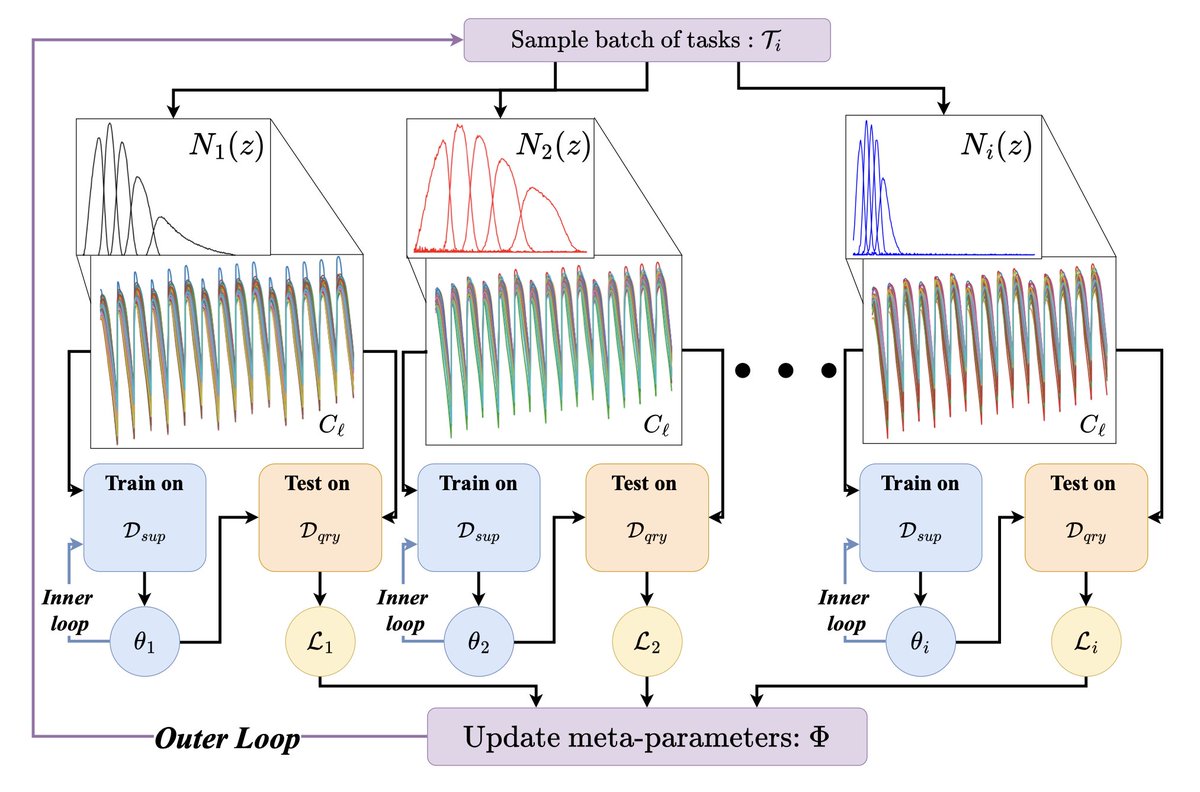

'🚀✨ NCLMathsStatsPhysics scientists are uncovering the mysteries of dark energy and matter with Euclid data! Discover how this groundbreaking research is transforming our understanding of the universe. Read more ➡️ tinyurl.com/42mn8hpe #SpaceScience #DarkMatter #Research

🚀🔭 What an opportunity! NCLMathsStatsPhysics PhD student Houda Haidar has been awarded observing time on James Webb Space Telescope to study how dust behaves near supermassive black holes. 🔭 Discover this groundbreaking research ➡️ tinyurl.com/mrrjyxec #JWST #SpaceResearch

Very honoured the our project Space Investigators: Astronomy in the North East won the Newcastle University Engagement and Place Award for Engaging for Cultural Benefit ✨ Thank you to all the team! 🔭 Find out more here: spaceinvestigators.com #EngageAwards2025
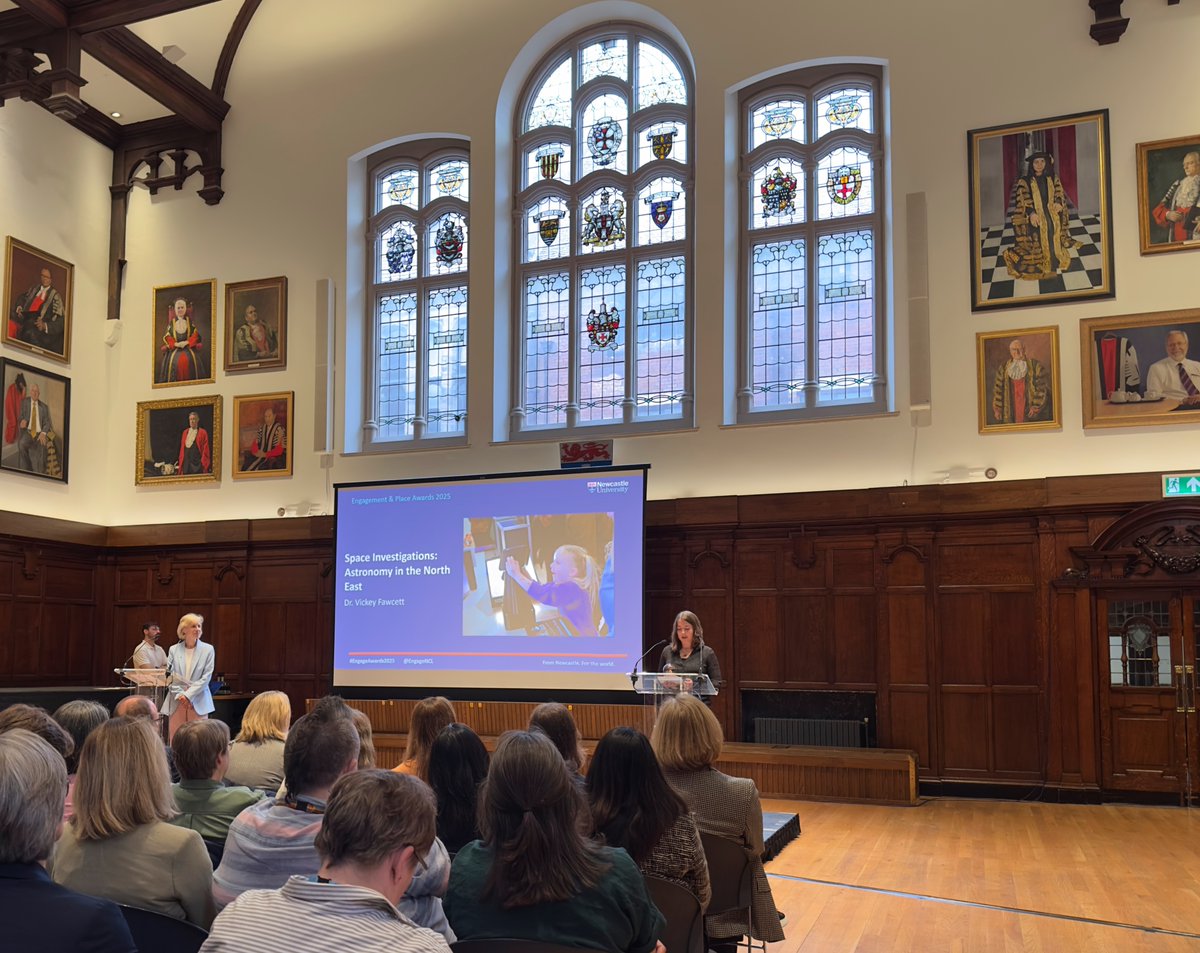

Great watching the 3 Minute Thesis Newcastle University final, featuring 3 of our brilliant astro PhD students! ✨ Rose Shepherd Carola Zanoletti Julie Thomas Three Minute Thesis
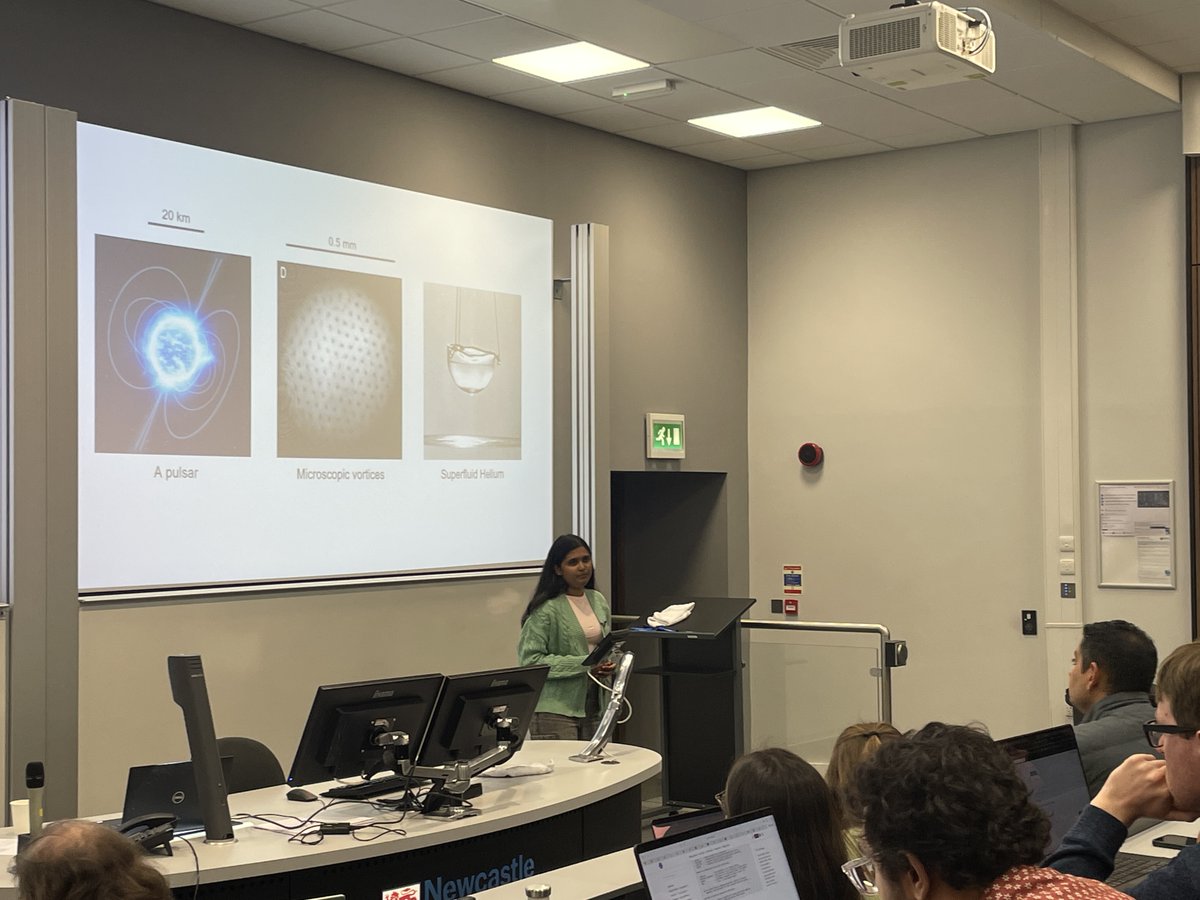

A few photos from the Discover Festival at Newcastle University - great event with lots of engagement from the public! ✨ Karthika Bhuvanendran Dr Vicky Fawcett Rose Shepherd
